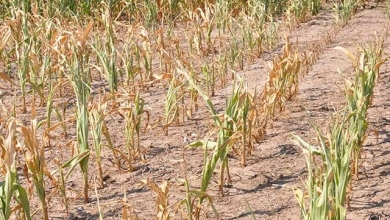The Ghana Medical Association (GMA) has urged its members to continue providing full medical services despite the impending nationwide industrial action called by Organised Labour, starting October 10, 2024. GMA President Dr. Frank Serebour clarified that the association has not declared a roadmap for industrial action and expects members to maintain uninterrupted services.
Dr. Serebour expressed solidarity with Organised Labour’s campaign against illegal mining, or “galamsey,” but emphasized that GMA will not join the strike yet. The National Executive Council will provide further information when necessary.
The government expressed surprise at Organised Labour’s decision to proceed with the strike despite ongoing negotiations to address illegal mining. In response, the government plans to revoke the Environmental Protection (Mining in Forest Reserves) Regulations, 2023, to intensify enforcement against illegal mining in protected areas.
Law enforcement agencies have been empowered to crack down on illegal mining in “Red Zones,” including water bodies and forest reserves. The Attorney-General and Chief Justice will ensure swift adjudication of related cases to curb environmental devastation.
The government supports a proposal requiring presidential candidates to sign a pact committing to fight illegal mining, aiming to depoliticize the issue and foster unified national action. This move seeks to address the complex environmental challenges caused by artisanal and small-scale mining.
Ghana’s artisanal and small-scale mining sector employs over 1 million rural residents and contributes up to 43% of the nation’s gold production. However, the sector remains largely unregulated, with over 85% of operations occurring in the informal sector.
Experts suggest that the regulatory framework fails to account for the diverse reality of mining operations, leading to widespread illegality. Reforming Ghana’s mining regulations could involve devolving decision-making to local authorities and providing support for miners.
The Minerals Commission has increased penalties for breaching mining laws and expanded the definition of illegal mining. However, effective management and control of artisanal and small-scale mining require consideration of the sector’s complexities.
The government’s stance on illegal mining emphasizes the need for swift adjudication and collaboration between law enforcement agencies. By addressing the root causes of illegal mining, Ghana can mitigate its environmental impacts.
GMA’s decision to maintain medical services during the industrial action prioritizes public health, while the government’s efforts to address illegal mining aim to protect the environment and promote sustainable development.
